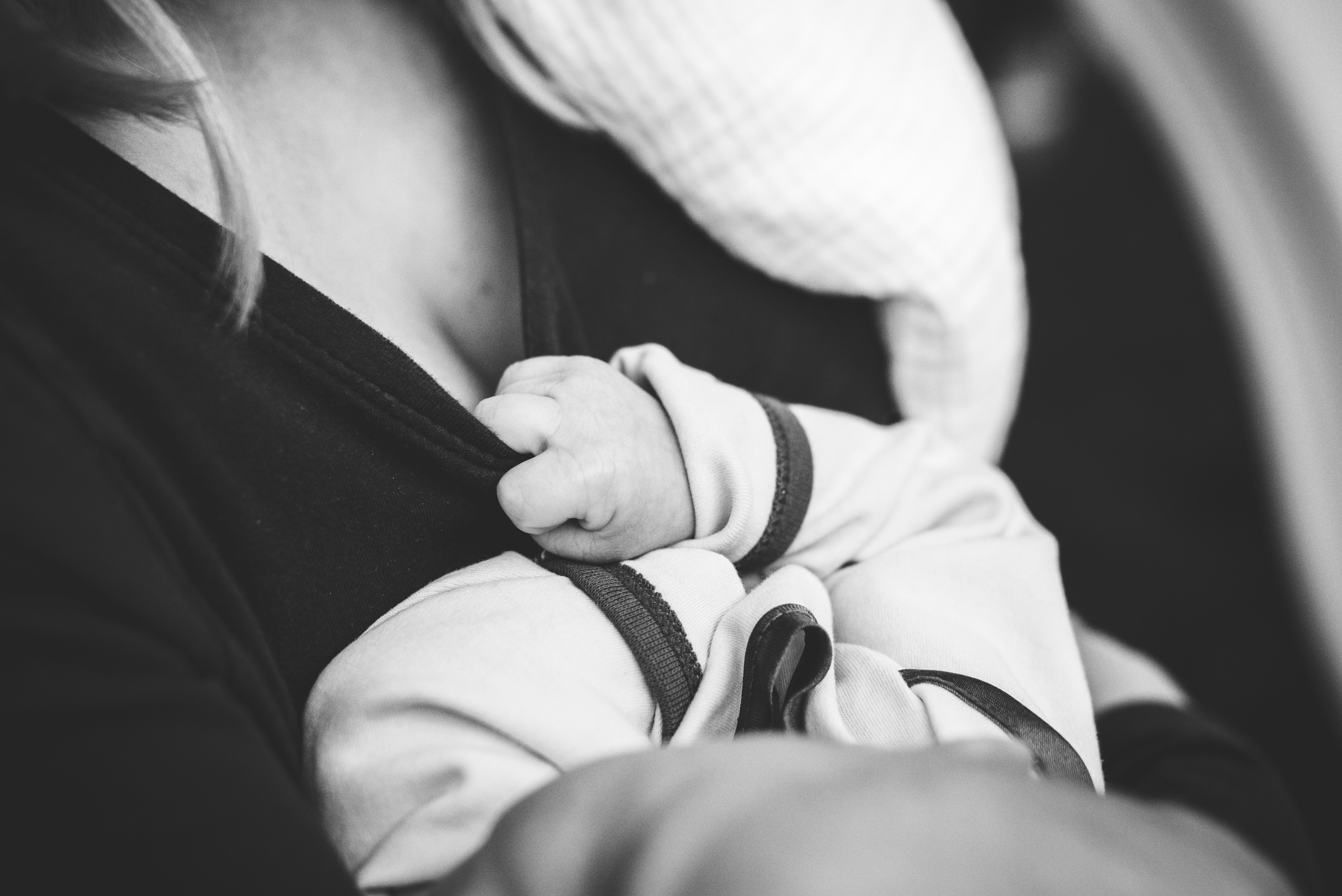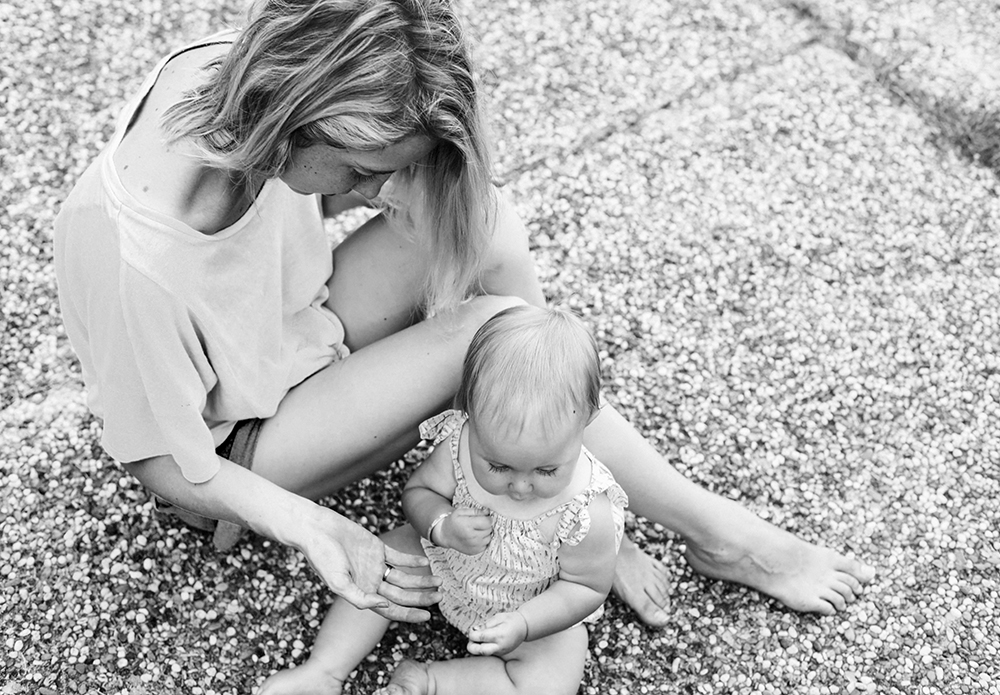A mother’s breastfeeding journey is a very personal experience. With more women speaking up and sharing about their personal struggles and challenges, there has been a greater awareness about the challenges and difficulties mothers go through. With it, empathy, support and treatment options follow to help mothers through their experience.
A little known condition is called D-MER which seems to affect a small number of mothers. However, this condition could actually affect more mothers since it is not widely known.
What is D-MER?
Dysphoric Milk Ejection Reflex (D-MER) is described when new mothers feel sudden intense negative emotions when they breastfeed but the feeling vanishes after milk ejection. The emotions or feelings usually go away after a few minutes, but return just before the next time milk is released, a.k.a. MER.
Although D-MER has been around for decades, doctors and scientists are just beginning to study it to better understand this condition – to find out how and why it happens, and if there is any treatment for it.
While it can differ in levels of intensity, people who have experienced dysphoria have described the feelings of mania, anxiety, depression, discomfort, distress, nervousness, a sense of dread or generally unease, being upset or uncomfortable.
Why does it happen?
Currently the literature about D-MER is still relatively new and limited, as it has only been recently recognised. Nonetheless, there are a few case studies being documented and published to pave the way for researchers to delve deeper into D-MER.
One thing researchers agree on is that the experience of D-MER is different from that of postpartum depression.
Because it only happens during milk expression, some researchers postulate that it relates to the hormonal levels of dopamine or prolactin. However this is yet to be determined with no large studies carried out to date.

What happens during D-MER? How do I know if I have it?
This condition usually does not last for more than a few minutes. It only happens just before breast milk is being released and once it is, these feelings go away. Unfortunately, the feelings come back again, and every time just before breast milk is being released.
Some mothers feel only a slight unease but some mothers may experience extreme feelings resulting in suicidal thoughts, anger, and disgust or self-harm.
For some mothers, this condition also goes away after some weeks of breastfeeding but for some, it could remain throughout their breastfeeding period until weaning, regardless of how old the baby is.
Some mothers find that this only happens when they use the breast pump, and not when their baby latches on directly.
Again, there is a lack of research to determine why this happens for some mothers and if it is true for all mothers.

What can I do?
At this time, the best thing mothers can do is to monitor your feelings, and discuss your options with your doctor.
Understanding about this condition could help to encourage some mothers to continue with breastfeeding as they are able to make sense of their feelings and are able to manage their experience better.
However, do keep in mind there is also the choice to stop breastfeeding altogether. In more severe cases, emotional breastfeeding struggles may impact negatively on the mother–child relationship.
With mild symptoms, some lifestyle changes could help, such as getting some exercise or changing your diet. With more severe symptoms, you may want to share your conditions with your family to get help and build support around yourself during your breastfeeding journey.
If you or someone you know is experiencing such feelings about breastfeeding, do reach out for help. As more women share about their challenges in motherhood and pregnancy, it is with hope that mothers stop feeling shame whenever they face such difficulties. Staying connected with a group of family and friends who love and care for you will also help to support you during your motherhood journey.













